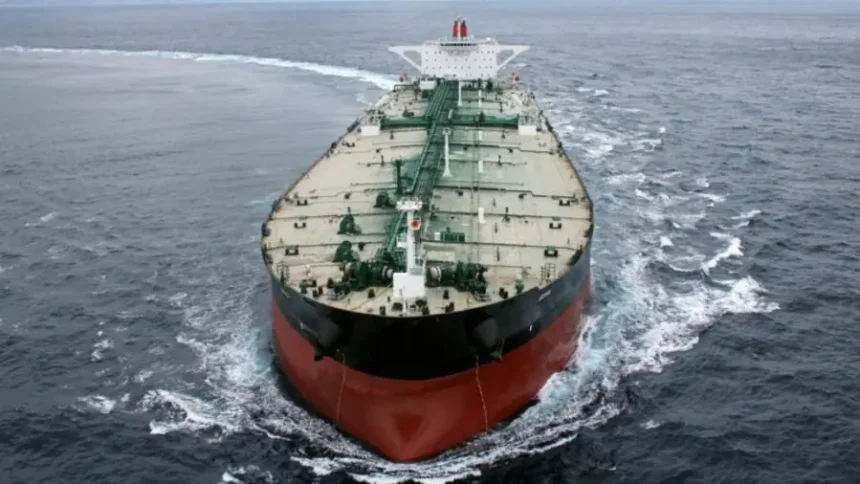Sanctions against Russia, North Korea and Iran will not have the desired effect until the global system for registering maritime vessels is reformed, according to a new report from the London-based Royal United Services Institute (RUSI), Euronews reports.
The study highlights that Russia and Iran are increasingly resorting to evasion tactics, including concealing the nationality of vessels, disabling identification systems, registering them in third countries with less stringent regulations, and sailing under false flags.
“The ease with which vessels can flag without inspection, avoid transparency about ownership, and evade enforcement has created the conditions for an entire ecosystem of parallel shipping,” the authors of the report write.
Almost 700 vessels have been sanctioned in the past year alone, but the process of registering vessels remains a “critical vulnerability” in the implementation of international sanctions policies. “Ships removed from the register for violating sanctions can often get a new flag in a matter of days,” the article notes.
At the center of this problem is the so-called shadow fleet. It includes vessels that Russia uses to circumvent measures taken by Western countries to limit prices for Russian oil. And it is considered the main source of funding for the military campaign in Ukraine.
Analysts say that maritime transport management requires “radical improvement” and warn that the International Maritime Organization (IMO) lacks the tools and powers to stop the practice of reflagation, in which ships change their national flags to hide their affiliation and continue to transport oil and goods subject to sanctions with impunity.
Reflagging has been practiced before, but since the beginning of Russia’s invasion of Ukraine, it has become much more common.
Some major registries, such as Panama and Liberia, have tightened their oversight under diplomatic pressure. Panama has deregistered more than 650 ships since 2019. But those efforts have been undermined by smaller registries, including Cameroon, Gambia, Honduras, Sierra Leone and Tanzania, which continue to offer flags with minimal formality and oversight.
Բաժանորդագրվեք մեր ալիքին Telegram-ում







